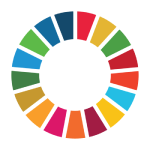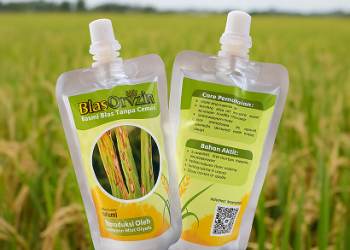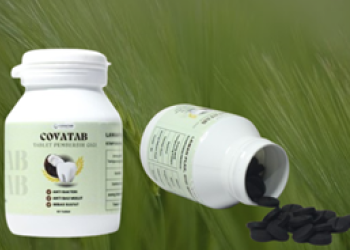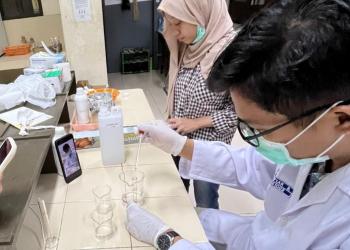A group of UNY students successfully developed an environmentally friendly innovation: a biofungicide made from fermented rice straw and a microbial consortium, named BlasOryzin. The product is designed specifically to prevent blast disease in rice plants and to increase the resilience of the plants.
This innovation was developed through the Student Creativity Programme in Entrepreneurship (PKM-K) year 2025. The development team consists of Indah Aulia Putri (Chemistry Education) as...












